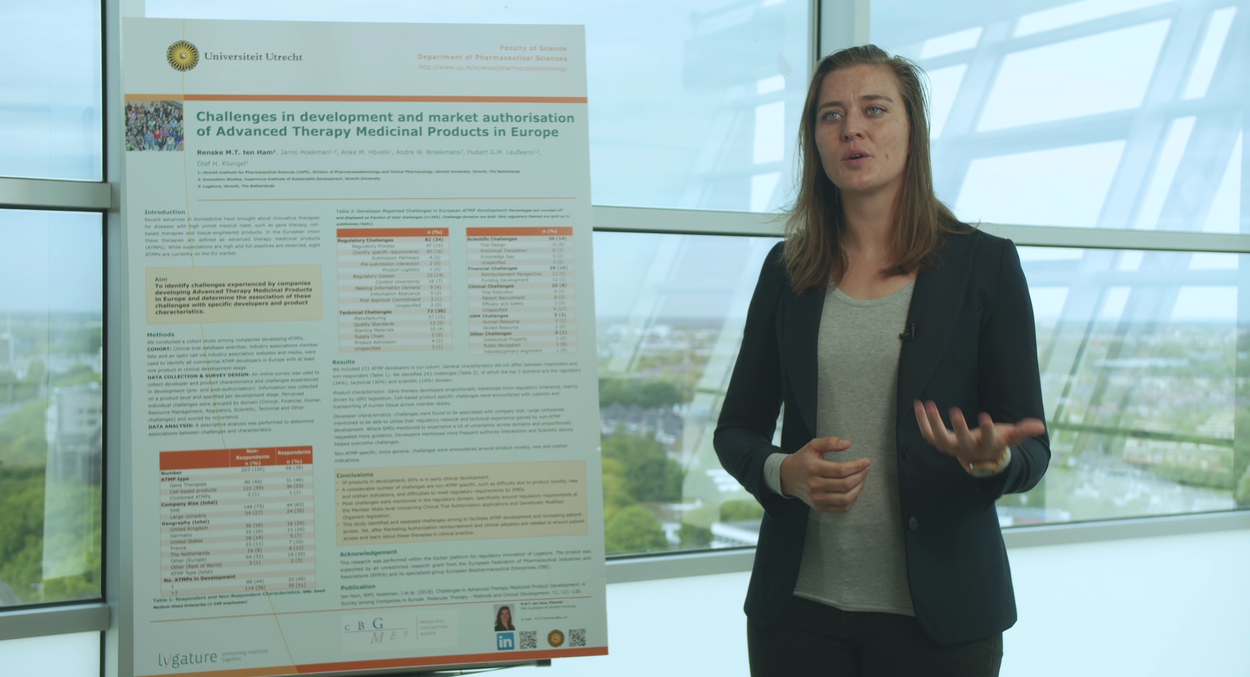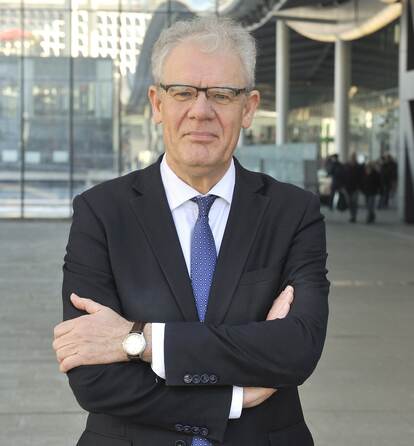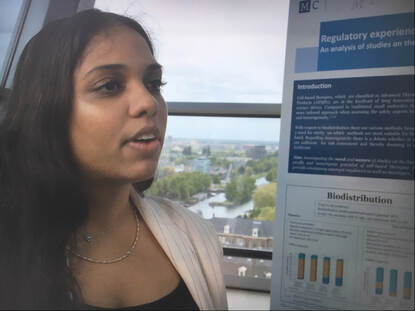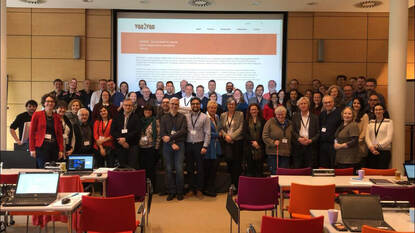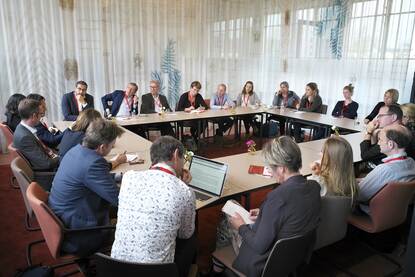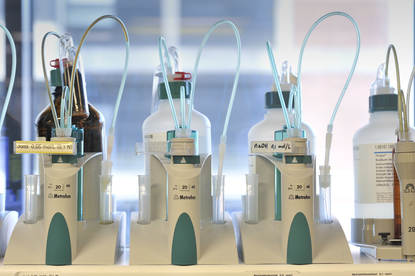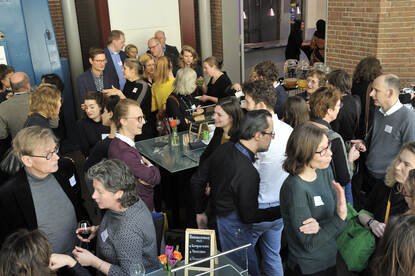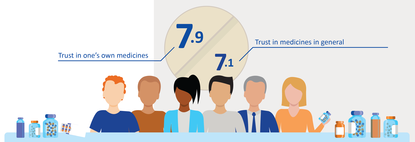Regulatory science provides the Medicines Evaluation Board (MEB) with up-to-date data, knowledge and expertise based on current scientific insights, for optimal evaluation and marketing authorisation of medicinal products and novel foods.
The studies that support the MEB's regulatory process are very diverse. The MEB Regulatory Science programme presents several studies as a Poster Pitch and also some Portraits.
Title: Poster Pitch by R.M.T. ten Ham
Challenges in development and market authorisation of ATMP in Europe
Renske ten Ham – PhD student:
My name is Renske ten Ham and I’m a PhD student at Utrecht University. I conduct research on advanced therapies, the regulation but also the health technology assessment in a European context. Biomedical research has brought us a lot of innovative therapies recently. Examples are gene therapies, tissue-engineered products and cell-based therapies. These products are categorized as advanced therapy medicinal products in Europe.
For short: ATMP’s.
There is high expectation of these products, not only by patients but also the physicians, regulators and other stake-holders. A lot of activity and development activity is noticed, yet only eight products are currently on the market in Europe. Therefore, the aim of our study was to identify challenges experienced by developers, companies, in this case, and we also aim to associate these challenges with certain characteristics. To do so we conducted a cohort study among companies in Europe. These companies needed to have at least one advanced therapy in a clinical development stage. We used a survey to question challenges experienced by these companies as well as product and company characteristics. The perceived challenges were categorized such as, in categories, as regulatory or technical or HR-challenges and also scored.
What we found: the top 3 domains in which the most challenges were experienced were the regulatory domain with 34%, the technical domain with 30% and the scientific domain with 14%. And interesting enough a lot of the challenges we found were not necessarily specific to advanced therapies. For instance, there were more associated with development of novel products in general, new or orphan indications, as well as the organization of companies. There are a lot of small and medium sized enterprises active in this field.
When assessing regulatory challenges in particular it’s important to understand that the European Union has a multi-layered jurisdictional structure. For instance, when looking on a European level we can see that the European Commission in close collaboration with the European Medicines Agency has worked very hard to create a facilitating environment for the regulation of these advanced therapies. However, on a member state and even on local level, the situation seemed more complex and heterogenic. Particularly mentioned by developers were difficulties with clinical trial authorization application, genetically modified organisms legislation and good manufacturing practices requirement.
We also found that developers using more scientific advice or utilizing contact with authorities, helped overcome their regulatory challenges. More specifically, gene therapy developers proportionately mentioned more regulatory hinderance. This was mainly driven by genetically modified organism legislation. Large companies mention that they were able to utilize their regulatory experience and their technological expertise, which they gained in development of non ATMP’s. And small and medium sized enterprises in general mentioned that they experience more uncertainty and ask for more guidance, for instance, from authorities.
So to conclude: the ATMP-field is still a novel and innovative field of which the majority of the majority of the products are still in the early stages of clinical development. Developers mention they experience a lot of challenges, but it seems a large proportion of these challenges aren’t necessarily specific to advanced therapies. Also looking ahead behind authorization we also need to think about reimbursement and clinical readiness to ensure safe but also sustainable patient access.
Poster Renske ten Ham: Challenges in development and market authorisation of ATMP in Europe (PDF)
